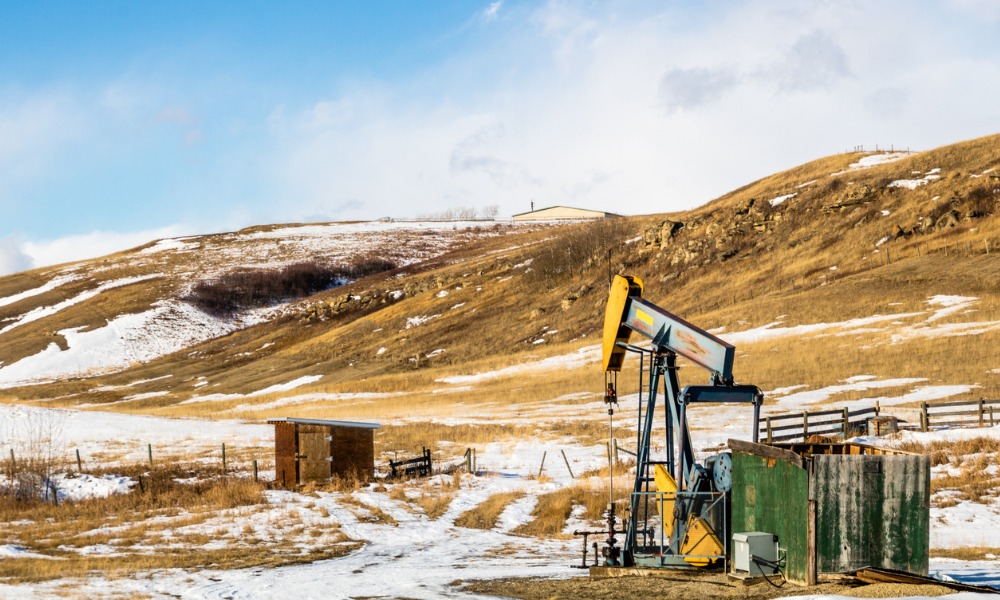As Canada’s mining industry has been on the rise the past years, the need for mining lawyers has also been increasing.
A Canadian mining lawyer can do a lot of functions for their clients. They are essential for mining companies – not just to fully comply with the law – but also to have a smooth operation.
What does a mining lawyer do?
A mining lawyer is well-versed in mining laws and all other regulations that mining companies need to comply with before they can do a full-scale operation.
Initially, they can help a mining company manage its own corporate matters, such as its organization and looking for funding opportunities.
Later, a mining lawyer assists in taking a mining project off the ground. This involves acquiring the pre-requisite permits, licenses, and other requirements set by the law.
From the development stage to execution, and even up to termination, a mining lawyer is of great importance in a mining project.
In this video, know more about the work of mining lawyers and the other practice areas they deal with:
If you’re looking for a Vancouver-based lawyer, check out our page on the best mining lawyers in British Columbia as ranked by Lexpert.
1. Assist in corporate legal issues
There are other corporate legal issues faced by mining corporations that need the attention of mining lawyers. These include matters on securities, investments, taxation, among others.
Investments and securities regulation
Helping set up the mining company and looking for investors are some of the corporate matters that mining lawyers can assist with.
In Canada, securities regulation is handled by the provinces and territories, which have established their own securities regulating authority.
Some requirements under these laws include:
- preparing and offering prospectuses to interested investors
- writing mandatory reports and disclosures for its investors and the regulating body
Foreign investments and competition law
One corporate legal issue that mining lawyers can assist companies with is its compliance with Canada’s competition laws, such as:
- Competition Act
- Investment Canada Act (ICA)
When mining companies engage in a merger and acquisition (M&A), they must follow certain procedures stated in the Competition Act. For instance, when certain thresholds are met, notices must be sent to the Competition Bureau, which may trigger a review of the M&A transaction.
When foreign investors are involved in a mining company, the ICA may apply. It will require a review to be done if certain investment thresholds are reached.
Taxation and other duties
Mining companies can maximize tax credits, deductions, and other tax reliefs under Canada’s tax laws to lessen the tax burden on them.
Some examples of these tax reliefs are:
- accelerated depreciation and tax credits for some properties
- deductions on the exploration and development expenses
- extended carry-forward periods for operating and capital losses
2. Help operate mining projects
To launch a mining project in Canada, different mining laws are involved – from the federal level down to the provincial and municipal levels. This is another area where a mining lawyer is of importance to mining companies.
First, a mining claim, then a mineral lease, must be secured. Its application, registration, and purchase must be transacted with the mining regulatory body in the province.
Next, surface access must be obtained, either or both from the landowner and the municipality or province. This process will again go through the provincial regulatory body for mining operations.
Environmental impact assessments
Another consideration when applying for a grant to do mining operations are the reports and other attachments required to accompany the application. For example, an environmental impact assessment must be completed before mining operations can be started.
This assessment is required either by a federal or provincial law, depending on factors such as the mining project’s size and type.
Restrictions may be imposed on the project by the government regulating body to mitigate the project’s effects on the environment.
A mining lawyer can help companies from the development of the environmental impact assessment, up to complying with the restrictions imposed by the government.
3. Help with terminating a mining project
Provincial laws establish the procedure and standards when terminating a mining project in their jurisdiction.
Notice must be sent to the provincial or territorial regulating authority when abandoning a mineral claim or a mining lease. Before this abandonment or termination is fully completed, the province or territory imposes certain conditions on the mining company.
The provincial or territorial government can also cancel a mineral claim or a mining lease when a mining company has breached its agreement with the government.
In these instances, the intervention of legal counsel is important, and mining lawyers are the best experts to turn to.
Mining lawyers’ areas of expertise
Mining laws are both governed by the federal and provincial or territorial governments. These laws will differ in every province or territory. This underscores the importance of engaging a mining lawyer for the specific law that will apply to a mining company.
For example, in Alberta, its mining laws include Mines and Minerals Act and the Freehold Mineral Rights Tax Act. This is in addition to the federal and municipal statutes governing the mining industry.
An effective mining lawyer does not only specialize in mining laws, but also other Canadian laws that govern mining companies and their projects.
Aside from those mentioned above, some of these laws include:
Environmental laws
Canada has numerous environmental laws to protect its natural resources and support biodiversity.
To prevent environmental loss, but to allow mining operations to a certain degree for economic benefits, mining companies are also regulated by environmental laws.
Some examples of these environmental laws include:
- Canadian Environmental Protection Act, 1999 (CEPA 1999)
- Impact Assessment Act
The provinces and territories have also enacted laws that govern the effluent discharge, waste management, and other emissions from mining operations.
International laws
Canadian mining lawyers may be involved not only in domestic laws, but also foreign laws. This applies in instances when a Canadian mining corporation engages business outside the country.
In this case, they are also knowledgeable of the different international laws which may apply during this foreign engagement (e.g. when a dispute arises).
The important role mining lawyers play
Navigating the scope of Canada's mining legislation requires the expertise of a skilled mining lawyer. They play a crucial role at every stage of a mining project, from initial corporate setup and securing necessary permits to operational guidance and eventual project closure. Mining lawyers ensure that mining companies comply with the law and operate responsibly.
Mining lawyers help strike a balance between economic growth and environmental sustainability, making them an indispensable figure in Canada’s mining industry.
Looking for a mining lawyer to help in your company’s mining operations? Check out the Lexpert-ranked best mining lawyers in Canada.





